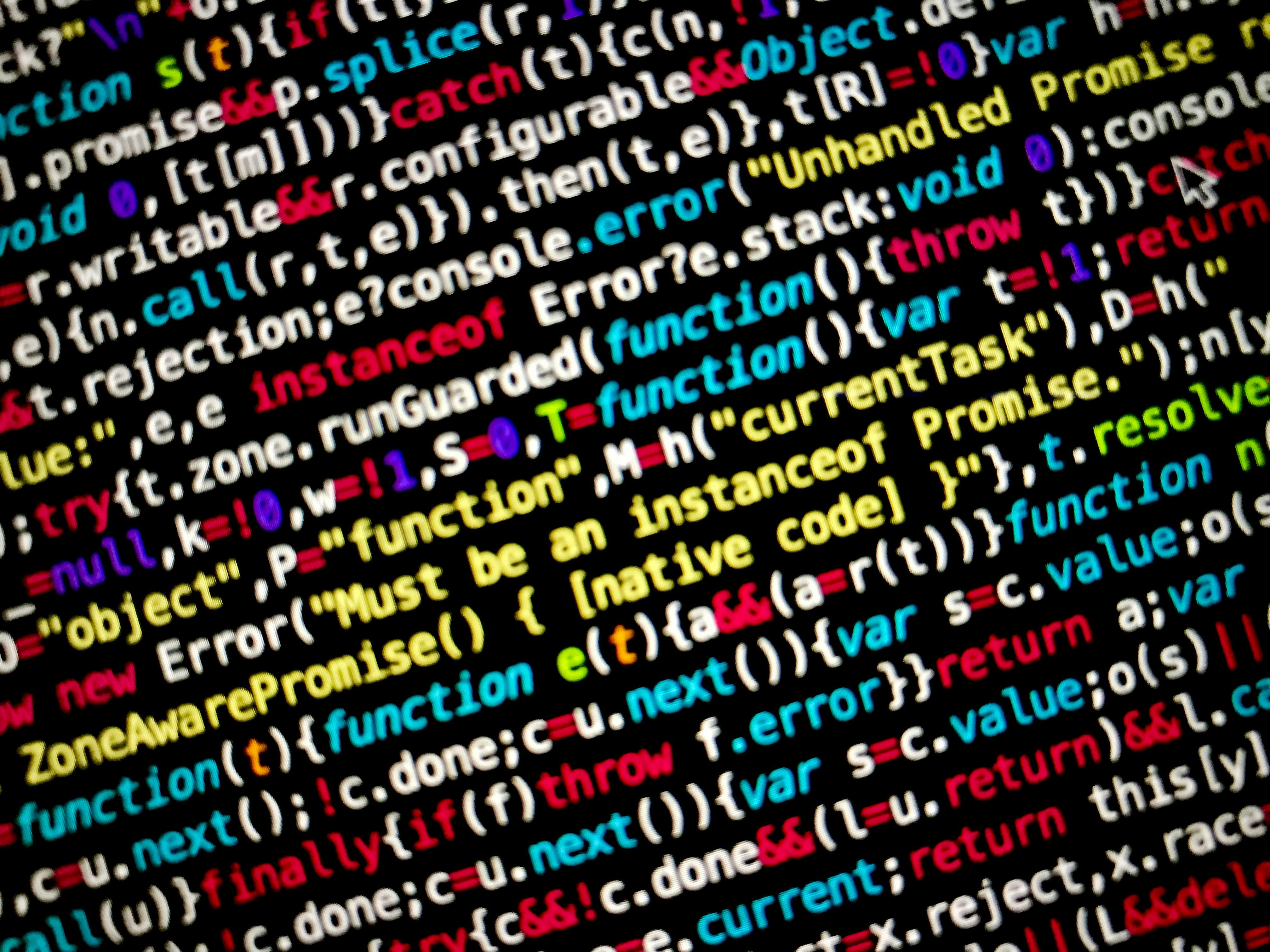Enhancing memory during sleep through brain stimulation
Sleep's role in memory consolidation has been in the spotlight lately, as researchers experiment with enhancing this natural process. A recent study published in The Journal of Neuroscience suggests that noninvasive brain stimulation during sleep could boost memory performance the next day, potentially paving the way for cognitive enhancement while catching some Zs.
Deep brain stimulation might be the buzzword among neuroscientists due to its efficacy in treating Parkinson's disease symptoms. However, this procedure involves inserting electrodes deep into the brain, which isn’t exactly a walk in the park—for either the patient or the doctor.
Noninvasive brain stimulation, on the other hand, leaves the scalpel untouched, making it a much more attractive option. Researchers have begun to wonder if this less invasive procedure could boost aspects of cognition, particularly memory.
The Power Nap Revisited
Sleep is essential for memory consolidation; memories move from the hippocampus to the neocortex during sleep, where they are turned into long-term memories. University of New Mexico researchers set out to harness this natural process by stimulating the brain during sleep using transcranial alternating current stimulation (tACS).
First, participants were trained on a complex visual discrimination task, requiring them to avoid various dangers while making quick decisions based on subtle cues in a complex environment. Overnight, participants slept in the lab while the team subjected them to noninvasive brain stimulation that matched their brain's slow-wave oscillations.
Slow-wave oscillations are believed to play a crucial role in memory consolidation. Scientists hope that artificial current provided by tACS can strengthen these oscillations, enhancing the memory consolidation process.
The next day, participants were tested on a similar but novel visual task. The researchers found that the noninvasive stimulation helped the participants turn recent experiences into more robust memories, as they performed better on the task after nocturnal stimulation.
A New Era of Memory Manipulation?
Research like this marks the beginning of a new era in science, even if it raises more questions than answers. The benefits of effortlessly improving memory are obvious, but the potential uses run much deeper. Deficits in memory and thinking are common in a variety of conditions, including neurodegenerative diseases.
Imagine machines that help minimize cognitive shortfalls during sleep—a step toward treating conditions like Alzheimer's and Parkinson's, which are on the rise yet seldom treatable. While we're still a long way from realizing this dream, this study brings us one step closer.
Noninvasive brain stimulation techniques, such as transcranial magnetic stimulation (TMS) and transcranial direct current stimulation (tDCS), have shown potential in improving various cognitive functions, including memory performance. Although the impact of NIBS during sleep is less clear, these techniques could enhance cognitive recovery and performance by modulating brain activity.
More studies are needed to explore the effects of NIBS during sleep on memory and cognitive performance. If successful, these findings could pave the way for memory booster machines, potentially addressing deficits in memory and thinking associated with numerous conditions. Stay tuned for more developments in this exciting new field.
Scientists are exploring the potential of noninvasive brain stimulation techniques, such as transcranial alternating current stimulation (tACS), to boost memory performance during sleep, which may provide a basis for memory enhancement devices. Alongside this, the ability to modulate brain activity during sleep could offer therapeutic benefits for medical-conditions like Alzheimer's and Parkinson's, contributing to health-and-wellness advancements in memory and cognitive functions.




